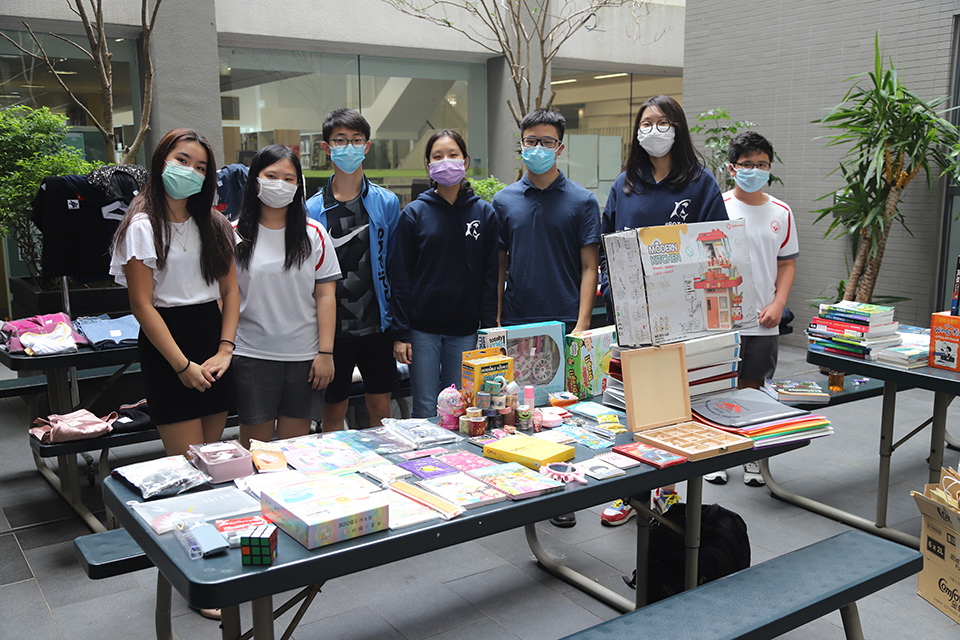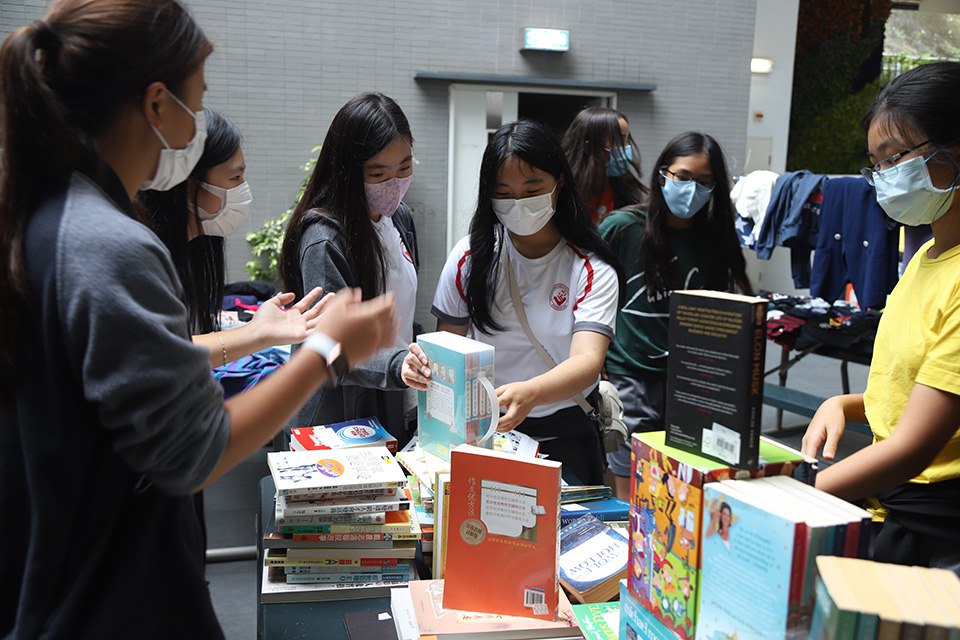Meaningful engagement is key to a joyful learning experience. The Humanities department at SISHK sparks Joy of Learning in Economics, History and Geography through learner-centred and process-focused approaches.
Asking Questions
Aligned to the Understanding by Design approach advocated by McTighe and Wiggins, essential questions are used to frame the content for our lessons. These questions are open-ended, thought-provoking, intellectually stimulating and call for higher order thinking skills. Students seek answers by conducting research and investigation, questioning assumptions, deepening conceptual understanding, evaluating different perspectives and making their own conclusions.
Making Connections
The curriculum is connected to issues and realities of the real world. This arouses students’ curiosity, promotes exploration and piques their interest in current affair and their desire to understand the world in which they live (local, regional and international). Teachers design meaningful activities to nurture inquiring learners and to encourage and inspire students to apply their knowledge to the world around us. There are ample opportunities for students to be independent learners via assignments, projects, internal assessments and extended essays.
Creating a vibrant community of learners
The Joy of Learning is fostered through joyful collaboration where students actively debate, deliberate, discuss, dialogue, challenge and share their interpretations and perspectives. Students work together in small groups to discover new concepts together and help each other learn. Students are taught to think critically, be open to new ideas and develop flexibility in their thinking.
Immersing in authentic tasks
Students are exposed to authentic meaningful tasks such as research projects, creation of podcasts, posters, newspaper articles, critique of movies, role plays and other alternative assessment tasks to assess learning which are beyond pen and paper tests. In addition, students also participate in simulations of real-world scenarios in the classroom.
Learning outside the classroom
Our subjects come alive when students are involved in talks by external speakers, experiential learning journeys, field work, local and overseas educational trips. It allows students to engage with real places and people and widen their perspectives and understand the complexity and ambiguity of the real world.


